Regulating cryptocurrency trading has always been an inevitable talking point for the industry. Making a case for regulation may be a beneficial idea for the greater community.
The world woke up in early February 2019 to yet another case of a cryptocurrency exchange gone bust, as QuadrigaCX filed for creditor protection and users discovered that they were unable to access their funds on the exchange. After a lot of speculation on what transpired, Jennifer Kathleen Robertson – the spouse of QuadrigaCX owner Gerald Cotton – came out with information that Cotten had passed away in December 2018 while on holiday in India. She also claimed that he was the only one in possession of the private keys of the master wallet where the entire crypto holdings of QuadrigaCX’s user base were held. This means that the funds of coin holders supposedly being held in the exchange’s cold wallets are irrecoverable! This has left QuadrigaCX’s 115,000 users in a quandary as to how to get their funds back.
(See more: Top 5 Cryptocurrency Hacks in 2018)
Should The Cryptocurrency Market Remain Unregulated?
This unfortunate event adds to the growing list of cases where cryptocurrency exchanges go bust and users of the exchange lose all of their coins and tokens. The big question confronting all players in the cryptocurrency market is this:
Can the status quo be allowed to continue, or should some drastic changes be made to prevent such cases from happening again?
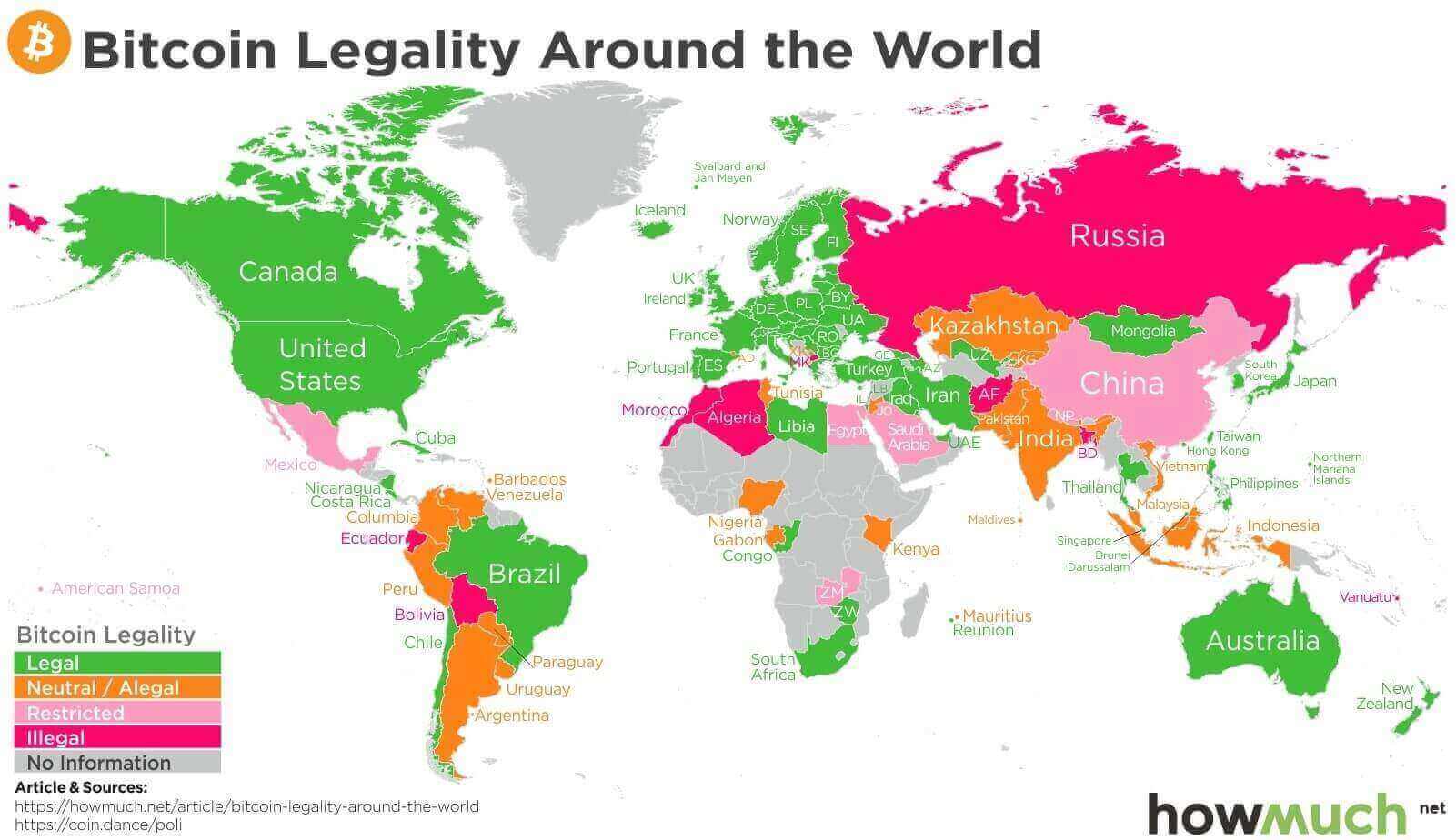
Currently, the owning and trading of Bitcoin is unrestricted only in 105 countries out of 251 regions.
Those who are against any form of regulation for the industry argue that the pursuit of technology decentralization requires no degree of ‘meddling' or regulations from any government or centralized entities. Presently, many regulators across the world do not have a favorable disposition towards cryptocurrencies given the disposition for cryptocurrencies to be used as an alternative source of financing nefarious and illegal activities.
Central banks assume full control of a country's monetary supply in order to manage a country's monetary policies, influenced of course by the current state of the economy. The main goal, according to economic theory, is to maintain a healthy level of inflation and economic growth. Since the start of modern banking, a centralization of the monetary system has always been the default setting.
The banking system is equipped with mechanisms to prevent money-laundering activities, stemming out illicit funds and the proceeds of criminal activity from entering the financial system. Cryptocurrencies have the potential to bypass the system, and this becomes a source of great worry for the global monetary authorities. However, there are some regulators that have recognized the potential and opportunities that cryptocurrencies and blockchain technology hold.
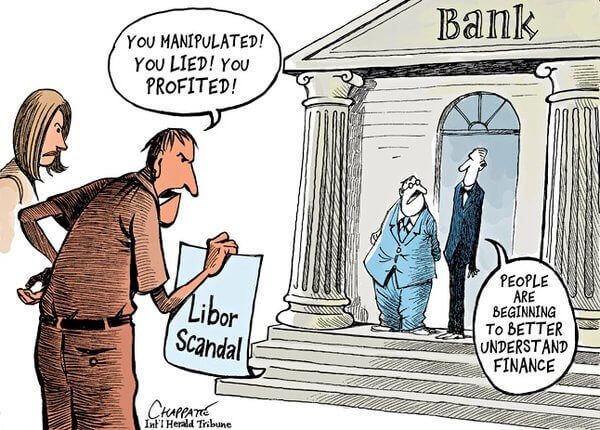
Our focus here is in use of cryptocurrencies as assets for trading, because this is where there are lots of grey areas. There have been more problems resulting from exchange hacks and exchange insolvencies than there have been with say, a drug dealer trying to pay for consignments with cryptos.
But the key question is:
Can we simply allow the cryptocurrency market to continue on the unregulated path, or should something be done about this at this point?
(Read also: Guide on Identifying Scam Coins)
Understanding Trading Regulation
Part of the narrative in the market is that any government entities (i.e. regulators) are the bad guys and everyone else in the cryptocurrency community are the good guys. However, cases like the QuadrigaCX event highlights the dangers of the lack of any regulations or standards that cryptocurrency exchanges – and the entire industry in general – are required to adhere to. The whole essence of regulating trading venues and the providers of brokerage or exchange services is to protect investors in the first place.
Many trading participants in the cryptocurrency market are not even aware of what it entails for a provider of an exchange or brokerage service to achieve regulated status. As an example, the foreign exchange (forex) market is the biggest and one of the most regulated markets in the Western world.
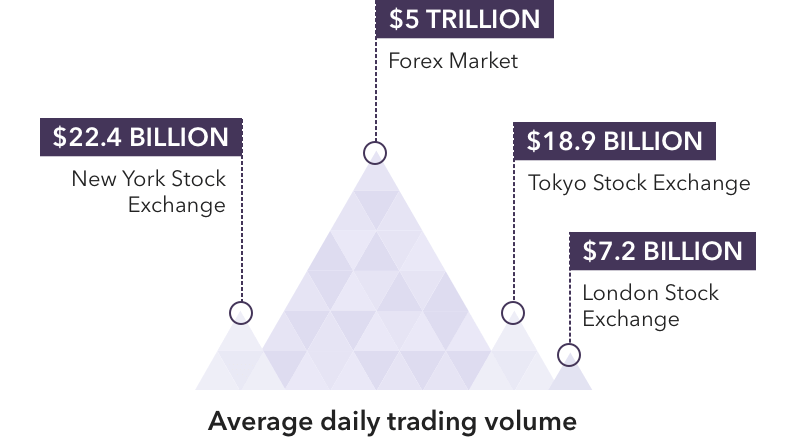
Let's take a look at the legal requirement that an exchange or those offering brokering services are required to adhere to:
- A trading exchange or brokerage should be owned by a registered entity, with a known physical address.
- The owners and top management of such entities must be known, have experience relevant to the financial services industry and must themselves be holders of relevant professional qualifications. For instance, in order to qualify to deal on certain FX products in the US or in Singapore, you must hold certain professional qualifications. Failure to do this could see the offender being a guest of the prisons in those countries.
- All brokerages are required to conduct extensive Know Your Customer (KYC) checks on their clients, with each one being personally identified and place of residence known via the collection of government-ID details (international passport or drivers’ license) and a bank statement/utility bill.
- There are strict reporting requirements put in place, allowing regulators to know the goings-on within a brokerage house at any given time.
- Segregation of traders’ funds from the operational funds of the brokerage is a requirement put in place by many regulators across the world, notably in the UK, EU, US, and Australia. Enforcement of this rule began to be taken very seriously after the collapse of MF Global. This brokerage company was found in an audit to have been using the funds of their traders to stay afloat for some time.
- Some regulators have a minimum capital requirement for the brokers they regulate, which ensures that they are liquid enough to pay out withdrawal requests of their clients without delays.
From these points listed above, it can be seen that there is really only one beneficiary of regulation of any financial market: the investor. An absence of a regulatory framework would create tremendous risks for investors and even undermine the entire marketplace.
(See more: Understanding SEC Regulations on ICOs: What You Should Know)
Could the QuadrigaCX Saga Have Been Avoided?

Take a look at the various stipulations that forex providers are required to comply within a regulated setting as stated above. It is obvious that if these steps had been applied either wholly or partially to the cryptocurrency market, it would have been easier to detect some of the issues underlying QuadrigaCX long before things got to a head. As it is, some forensic blockchain researchers have disputed the claims of Cotton’s widow about the amount of cryptos held in the cold wallets that serve as the depository for the now-defunct exchange. Court documents also show that QuadrigaCX had been having problems with the settlement of withdrawal requests for close to a year, long before the company sought creditor protection from the courts.
Would all this have happened if the operations of QuadrigaCX were under regulatory supervision? Most likely not.
Firstly, it would have been impossible to have a situation where just one person had access to all funds of investors and the firm. No regulator would have allowed that. Secondly, the company would have been required to provide critical information as to how much of investors’ funds were being held, where they were held and the parties that had access to any wallets where such funds were held. Thirdly, some of the liquidity issues which the company had (especially the freezing of $25million of its funds held with a third-party payment processor) would not have happened if the company would have had legal coverage to move its funds autonomously without fear of clamp down from authorities. Lastly, even the simplest form of regulation would have ensured that information about the company would have been available on the regulator’s website. For instance, the Financial Conduct Authority (the SEC of the UK) has information on its website on all brokerage entities that it oversees. This acts as a credible source of corporate information about service providers and ultimately serves as a good customer protection tool.
The traditional financial market is filled with a sound regulatory framework to provide a degree of transparency and protect consumers. These mechanisms are apparently absent in the cryptocurrency industry.
(Read also: Guide to Market Capitalization: Everything You Need to Know About Market Cap)
A Case for Cryptocurrency Regulation
There are recent examples to show that markets that are weakly regulated or not regulated at all, end up causing tremendous devastation throughout the industry.
The global financial crisis of 2008 was the worst financial recession since the Great Depression, and it was triggered by the collapse of the subprime mortgage market in the US which was sparsely regulated at that time. Unregulated mortgage-backed assets known as Collateralized Debt Obligations (CDOs) were sold to unqualified investors who knew little about what they were getting into and this led to a lending frenzy which was unsustainable. Arguably, better oversight may have prevented the global financial meltdown entirely.
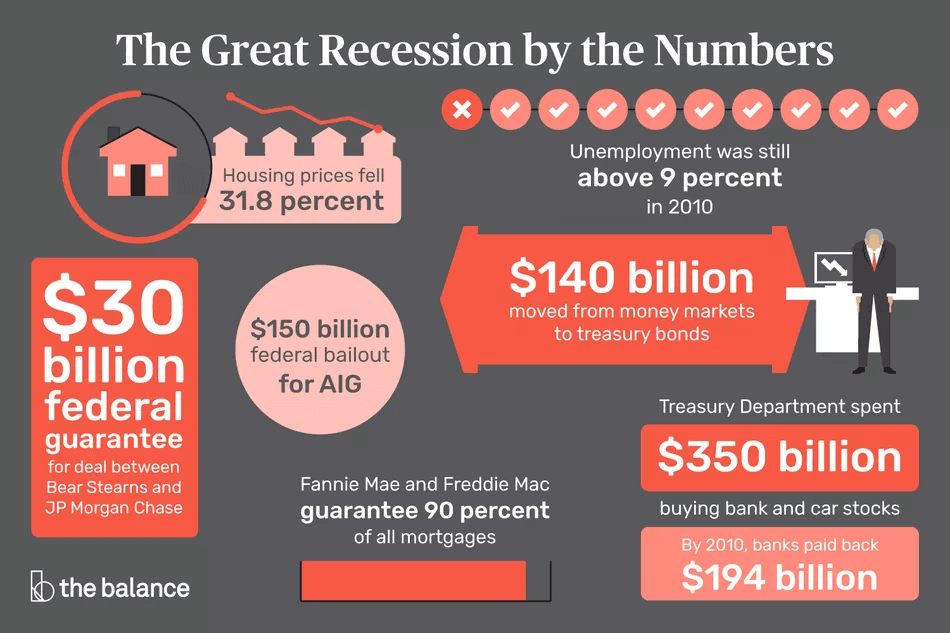
We also see an example of how poor regulation created massive problems for investors worldwide in the binary options industry. Between 2011 and 2014, poor regulation of this industry saw the emergence of many unscrupulous entities in the market who ended up swindling consumers of this product of their hard-earned cash. In one unfortunate instance, a Canadian man committed suicide after losing his life savings to an unregulated binary options brokerage operation.
We do not need more suicides of this nature to occur before authorities finally do the needful. In some jurisdictions, there have been proactive steps in this regard.
- Gibraltar now has a regulatory framework for the cryptocurrency market known as the Digital Ledger Technology Regulatory Framework (DLT), and any brokers intending to operate there must satisfy the stipulations of this framework before they can be licensed to do business. As at January 2019, the Gibraltar Financial Services Commission (GFSC) has issued 5 cryptocurrency exchange licenses.
- Australia has a financial intelligence agency, which has just shut down two cryptocurrency exchanges where a 27-year old man with links to these exchanges was found to be operating an illicit dark web drug trafficking ring.
- The New York State Department of Financial Services has also stepped into the role of cryptocurrency regulator, licensing such companies as the Gemini Exchange.
- The Indian Supreme Court is presently holding deliberations to work out a framework for regulating cryptocurrencies.
It is time to bring some sanity to the cryptocurrency market and prevent more cases like that of QuadrigaCX (and Mt.Gox before it) from recurring. Regulation of the markets as well as appropriate enforcement of punishment to errant brokerages is what will bring back such sanity. Regulations do not mean that traders will be unable to trade coins and tokens. It simply means that a safe and transparent trading environment will be presented for the trading of cryptos, and not the present contraptions where a single individual can decide what will happen to the funds of hundreds of thousands of investors.
(You might also be interested in: Cryptocurrency Guides: Comprehensive List of Crypto Guides For Beginners)
This article is contributed by Michael Kuchar, a cryptocurrency trader, analyst and enthusiastic blogger. His most current passion is learning how decentralized applications work and how they can affect our everyday life.
Beneficial Resources To Get You Started
If you're starting your journey into the complex world of cryptocurrencies, here's a list of useful resources and guides that will get you on your way:
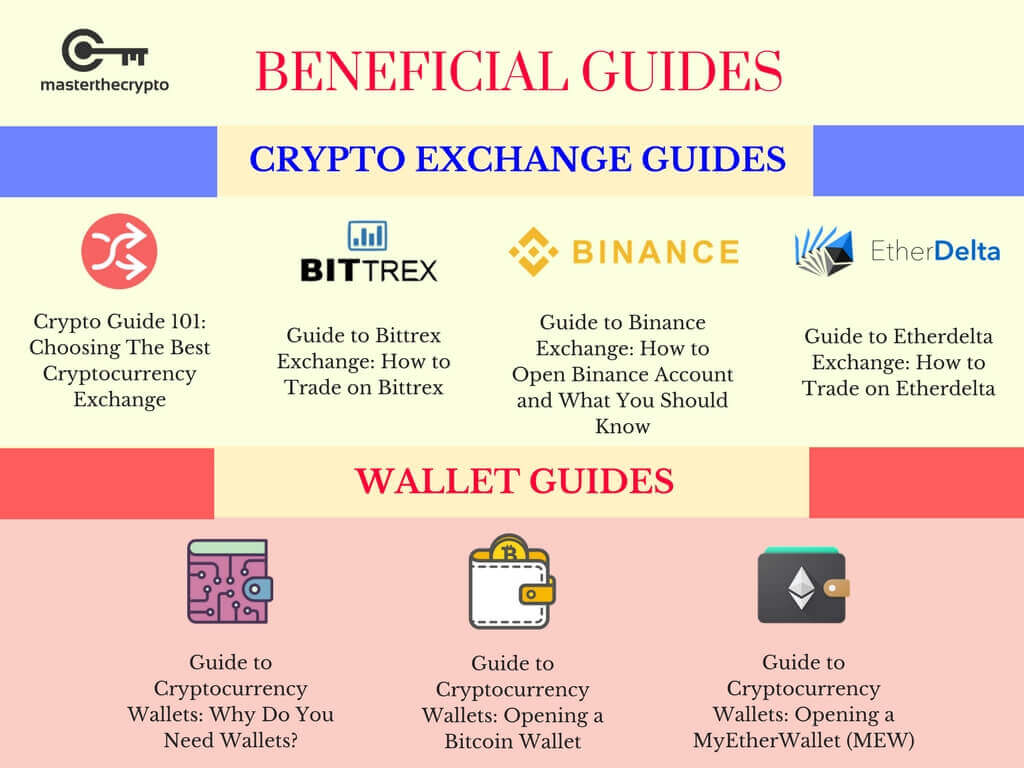
Trading & Exchange
- Crypto Guide 101: Choosing The Best Cryptocurrency Exchange
- Guide to Bittrex Exchange: How to Trade on Bittrex
- Guide to Binance Exchange: How to Open Binance Account and What You Should Know
- Guide to Etherdelta Exchange: How to Trade on Etherdelta
- Guide To Cryptocurrency Trading Basics: Introduction to Crypto Technical Analysis
- Cryptocurrency Trading: Understanding Cryptocurrency Trading Pairs & How it Works
- Crypto Trading Guide: 4 Common Pitfalls Every Crypto Trader Will Experience
Wallets
- Guide to Cryptocurrency Wallets: Why Do You Need Wallets?
- Guide to Cryptocurrency Wallets: Opening a Bitcoin Wallet
- Guide to Cryptocurrency Wallets: Opening a MyEtherWallet (MEW)
Read also: Crypto Trading Guide: 4 Common Pitfalls Every Crypto Trader Will Experience and Guide To Cryptocurrency Trading Basics: Introduction to Crypto Technical Analysis.
Sponsored Ad: Your dog deserves to be healthy & happy
Get our exclusive e-book which will guide you on the step-by-step process to get started with making money via Cryptocurrency investments!
You can also join our Facebook group at Master The Crypto: Advanced Cryptocurrency Knowledge to ask any questions regarding cryptocurrencies.

I'm Aziz, a seasoned cryptocurrency trader who's really passionate about 2 things; #1) the awesome-revolutionary blockchain technology underlying crypto and #2) helping make bitcoin great ‘again'!

